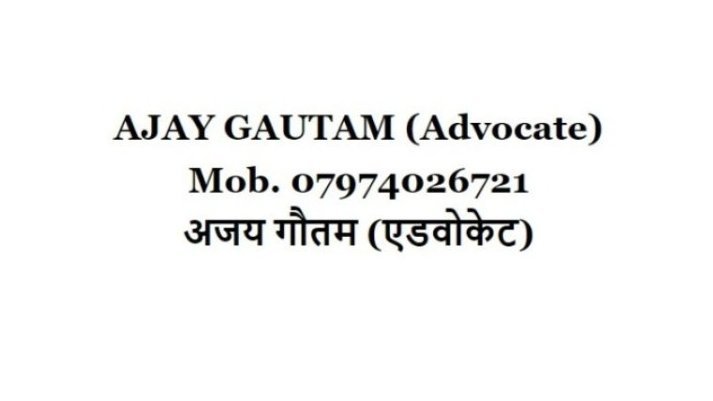Word-of-Mouth Advocacy: Harnessing the Power of Human Influence
In a world oversaturated with advertisements, algorithms, and polished marketing strategies, one force continues to rise above the rest in credibility, authenticity, and impact: word-of-mouth advocacy. It is the most natural form of promotion—one person sharing their experiences, beliefs, or enthusiasm with another. This simple act, rooted in human connection, is responsible for shaping decisions, shifting trends, and fueling movements across generations.
Word-of-mouth advocacy is not just casual conversation; it is the spread of conviction. It is the influence of trust multiplied through relationships. Whether supporting a cause, recommending a product, or championing a message, human-to-human sharing remains one of the most powerful forms of persuasion.
What Is Word-of-Mouth Advocacy?
Word-of-mouth advocacy occurs when individuals voluntarily recommend or promote something because they genuinely value it. There is no script, no exchange of payment, no forced agenda—just authentic sharing.
It appears in many forms:
-
Telling a friend about a book that changed your life
-
Recommending a local business that consistently delivers
-
Speaking passionately about a social or community issue
-
Sharing stories of positive experiences online
-
Posting an honest testimonial because you believe others should know
At its core, word-of-mouth advocacy is trust in motion.
Why Word-of-Mouth Advocacy Is So Effective
1. It’s built on trust
People trust personal recommendations more than any advertisement or corporate message. When someone you know endorses something, you believe them.
2. It cuts through noise
We encounter thousands of marketing messages daily. Yet a single genuine recommendation can be more influential than an entire campaign.
3. It spreads naturally
Advocacy has a ripple effect—one voice inspires another, and then another. It grows organically, often becoming self-sustaining.
4. It’s emotionally compelling
Stories and authentic enthusiasm stick. People remember experiences more than slogans.
5. It’s cost-effective—and often priceless
Some of the world’s most successful brands and movements grew not through advertising budgets but through communities of passionate advocates.
The Psychology Behind Word-of-Mouth Influence
Word-of-mouth works because it taps into fundamental human instincts:
• Social Proof
We look to others to decide what is trustworthy or valuable.
• Emotional Connection
People share what moves them—stories, emotions, and meaningful encounters.
• Identity Expression
What we recommend often reflects who we are and what we believe in.
• Belonging and Community
Sharing aligns us with groups that share our interests or values.
These psychological drivers make word-of-mouth advocacy deeply persuasive.
Types of Modern Word-of-Mouth Advocacy
While traditional conversation remains powerful, today’s advocacy spans multiple platforms.
1. Personal Conversations
One-on-one recommendations remain the foundation of influence.
2. Social Media Sharing
From casual posts to passionate testimonials, digital conversations amplify voices.
3. Online Reviews
Reviews on platforms like Yelp, Google, or Amazon shape decisions long before people choose where to shop or what to buy.
4. Digital Communities
Forums, interest groups, and online communities allow ideas to spread among people with shared passions.
5. Micro-Influencers
Smaller creators with dedicated audiences often deliver more trust than large-scale influencers.
6. Grassroots Movements
Social causes often grow through person-to-person sharing, not paid advertising.
How to Encourage Word-of-Mouth Advocacy Ethically
Authentic advocacy cannot be forced, but it can be invited.
1. Deliver outstanding experiences
People naturally talk about what surprises, delights, or deeply impacts them.
2. Share meaningful stories
Stories help people understand why your message matters—and inspire sharing.
3. Build genuine community
Create spaces where supporters connect, participate, and feel valued.
4. Be transparent and authentic
People share what they trust. Authentic communication fosters credibility.
5. Empower your advocates
Provide tools, insights, and resources that help people share confidently.
6. Listen actively
Advocacy grows when people feel heard and appreciated.
7. Inspire emotional resonance
Whether through purpose, mission, or personal impact, emotion fuels word-of-mouth.
Real-World Impact of Word-of-Mouth Advocacy
Some of the world’s most influential ideas and movements spread not through advertising but through people:
-
Social justice campaigns
-
Viral trends
-
Community fundraising efforts
-
Small businesses surviving through recommendations
-
Breakout books, films, or products propelled by genuine enthusiasm
The most powerful movements in history started with conversations between ordinary people who cared deeply.
The Future of Word-of-Mouth Advocacy
As society becomes more skeptical of polished marketing and commercialized influence, the value of genuine voices will only continue to grow.
We are entering a time where:
-
Authenticity outweighs aesthetics
-
Human connection beats algorithms
-
Real experiences overshadow curated images
-
Purpose-driven stories spread faster than promotions
Word-of-mouth advocacy is not a trend—it is a return to the timeless power of human connection.
Your Voice Has Influence
Every conversation, every share, every recommendation has the potential to impact someone’s choices, beliefs, or experiences. Word-of-mouth advocacy reminds us that influence is not reserved for celebrities or marketers—it belongs to everyday people.
Your voice can spark change.
Your story can inspire action.
Your experience can guide someone else.
In a world full of noise, authenticity speaks the loudest.
